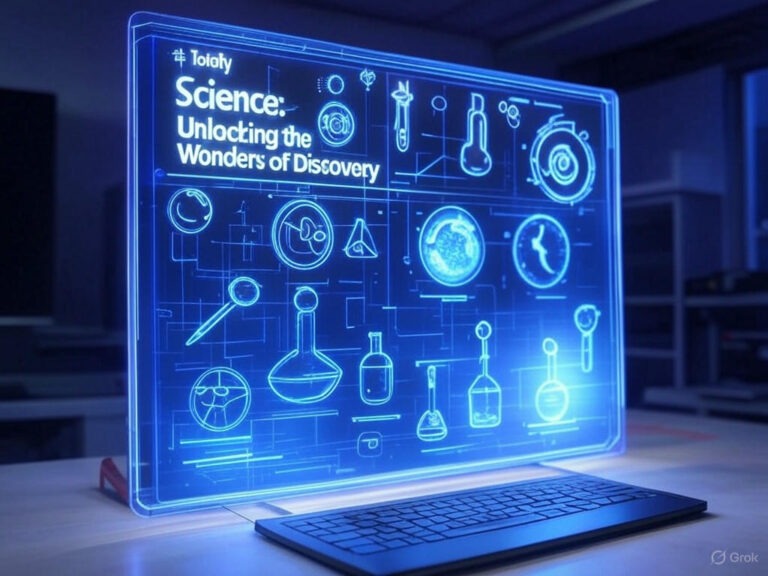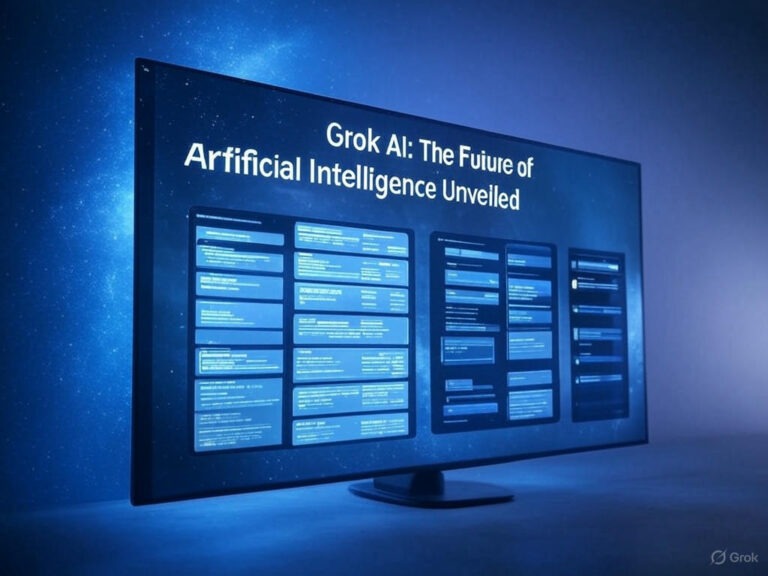In the rapidly evolving landscape of artificial intelligence, Claude has emerged as one of the leading conversational AI assistants. Developed by Anthropic, Claude represents a significant advancement in AI technology, combining sophisticated natural language understanding with a focus on helpfulness, harmlessness, and honesty. This article explores Claude’s capabilities, evolution, and position in the current AI market.
What Is Claude?
Claude is an AI assistant created by Anthropic, a company founded in 2021 by former OpenAI researchers. Unlike traditional chatbots, Claude is designed to be conversational, thoughtful, and nuanced in its responses. It can engage in detailed discussions on a wide range of topics, from philosophical questions to practical technical advice.
At its core, Claude is built on large language model (LLM) technology, trained on vast amounts of text data to understand and generate human-like responses. However, what sets Claude apart is Anthropic’s focus on creating AI systems that are aligned with human values and preferences.
The Claude 3 Family
The current iteration of Claude belongs to the Claude 3 model family, which represents Anthropic’s most advanced AI systems to date. The Claude 3 family includes several models:
Claude 3.7 Sonnet: Released in February 2025, this is currently the most advanced version available. It features enhanced reasoning capabilities and is optimized for complex tasks.
Claude 3.5 Sonnet: A balanced model offering strong performance across various tasks.
Claude 3.5 Haiku: The fastest model in the family, designed for quick responses and everyday use.
Claude 3 Opus: Excels at detailed writing tasks and complex problem-solving.
Each model in the family has been optimized for different use cases, allowing users to choose the version that best meets their specific needs.
Key Capabilities
Claude’s capabilities extend far beyond simple question-answering:
Conversational Intelligence
Unlike earlier chatbots, Claude can maintain context through extended conversations, remember previous exchanges, and build on them in meaningful ways. This makes interactions feel more natural and human-like.
Knowledge Base
Claude has been trained on a vast corpus of information, giving it knowledge across diverse fields including science, history, literature, technology, and more. Its knowledge cutoff date is October 2024, meaning it has information about events and developments up to that point.
Reasoning and Analysis
Claude excels at breaking down complex problems, analyzing information, and providing thoughtful responses. The newest models feature enhanced reasoning capabilities, allowing Claude to “think through” problems before responding.
Creative Content
From writing stories and poems to drafting emails and reports, Claude can generate creative content across various formats and styles. It can adapt its tone and approach based on user requirements.
Code Understanding
Claude can help with programming tasks, explain code, suggest improvements, and even generate new code in various programming languages.
How to Access Claude
Anthropic has made Claude accessible through several channels:
Web Interface: Claude is available through a browser-based chat interface that works on desktop and mobile devices.
API Access: Developers can integrate Claude into their applications using Anthropic’s API. For example, Claude 3.7 Sonnet can be accessed using the model string ‘claude-3-7-sonnet-20250219’.
Claude Code: A command-line tool that allows developers to delegate coding tasks directly from their terminal.
Claude’s Approach to AI Safety
Anthropic has positioned Claude as a “Constitutional AI,” meaning it’s designed with explicit values and guidelines that prioritize safety and helpfulness. This approach reflects growing concerns about AI alignment and ethical use of AI technology.
Key aspects of Claude’s approach include:
Refusal to generate harmful content: Claude avoids creating content that could be used for illegal activities, harm, or deception.
Transparency about limitations: Claude acknowledges when it doesn’t know something or when information might be unreliable.
Focus on human wellbeing: Claude is designed to support users’ best interests and avoid encouraging harmful behaviors.
Claude in the Competitive Landscape
The AI assistant market has become increasingly competitive, with major players including OpenAI’s ChatGPT, Google’s Gemini, and others. Claude has differentiated itself through:
Nuanced conversations: Claude is known for handling complex, nuanced topics with greater depth than many competitors.
Longer context windows: Claude can process and remember more information within a conversation than some other AI systems.
Constitutional approach: Anthropic’s focus on building AI with explicit values has resonated with users concerned about AI safety.
The Future of Claude
As AI technology continues to advance, Claude is likely to evolve in several directions:
Enhanced reasoning capabilities: Future versions will likely feature more sophisticated reasoning and problem-solving abilities.
Multimodal interactions: While current models focus primarily on text, future iterations may incorporate better understanding of images and other media.
Specialized versions: We may see more domain-specific versions of Claude optimized for particular industries or use cases.
Conclusion
Claude represents a significant step forward in conversational AI technology. By combining advanced language capabilities with a thoughtful approach to AI safety, Anthropic has created an assistant that can be genuinely helpful across a wide range of tasks while maintaining important guardrails.
As the technology continues to mature, Claude and similar AI assistants will likely become increasingly integrated into our daily lives and work processes. For users looking to explore the capabilities of modern AI, Claude offers an impressive glimpse into what these systems can achieve when designed with both power and responsibility in mind.
Whether you’re a developer looking to integrate AI capabilities into your applications, a professional seeking to enhance your productivity, or simply someone curious about the state of AI technology, Claude provides a compelling example of where conversational AI stands today—and where it might be headed tomorrow.
























+ There are no comments
Add yours